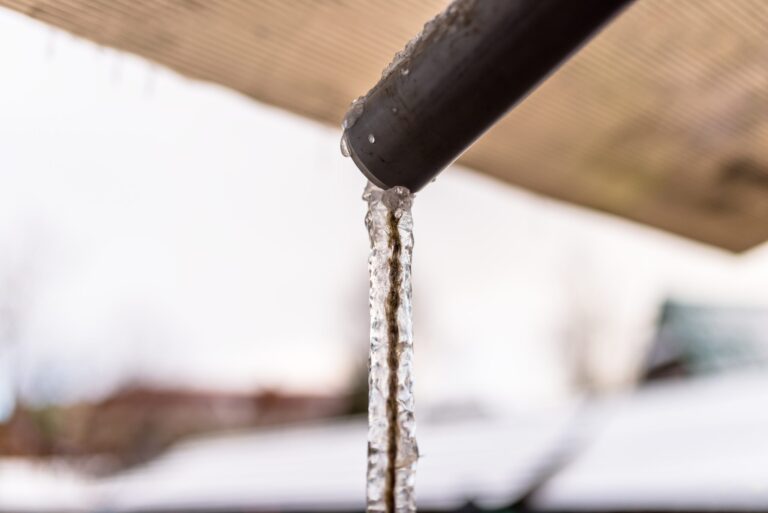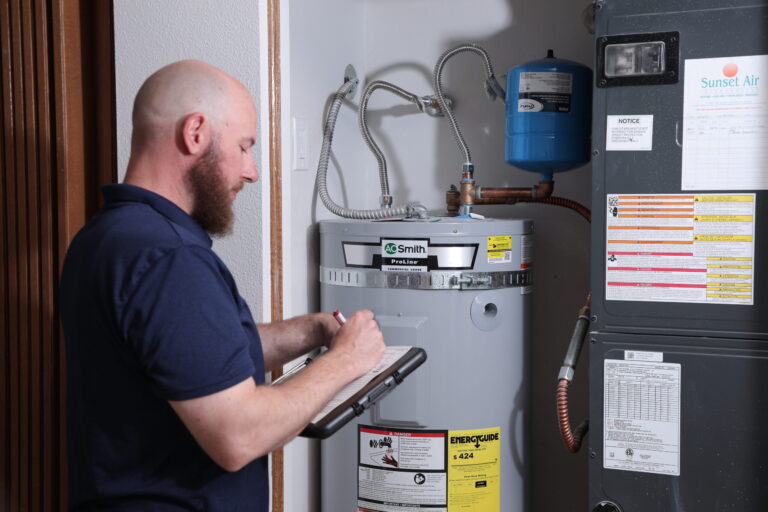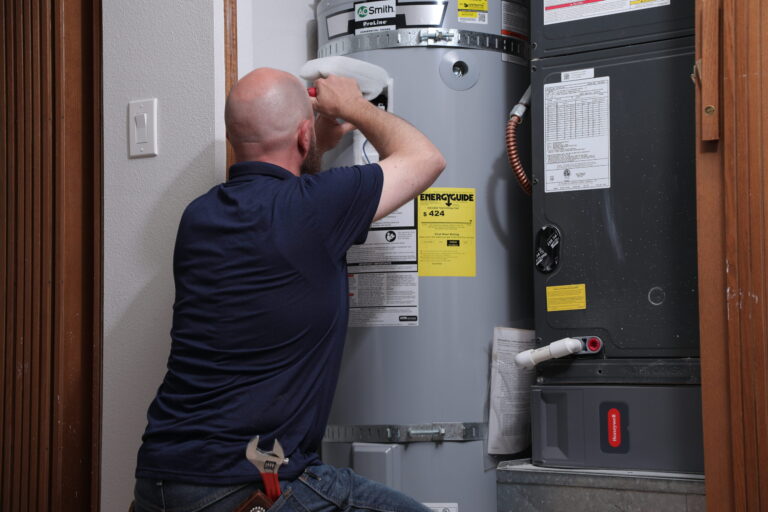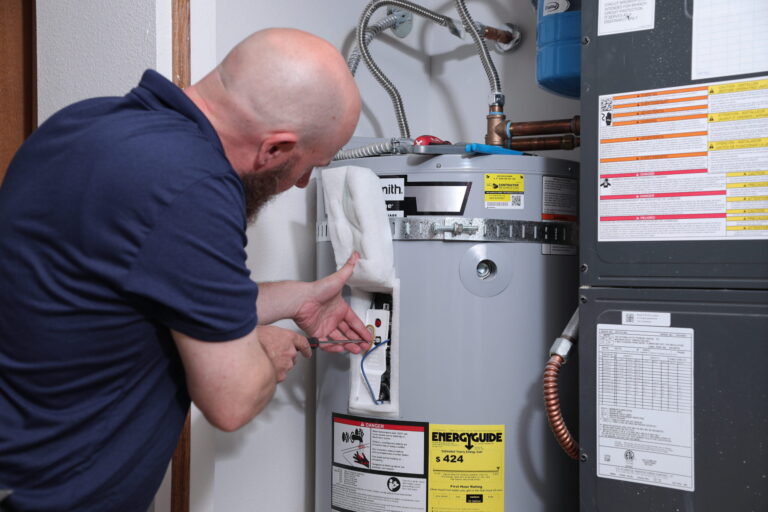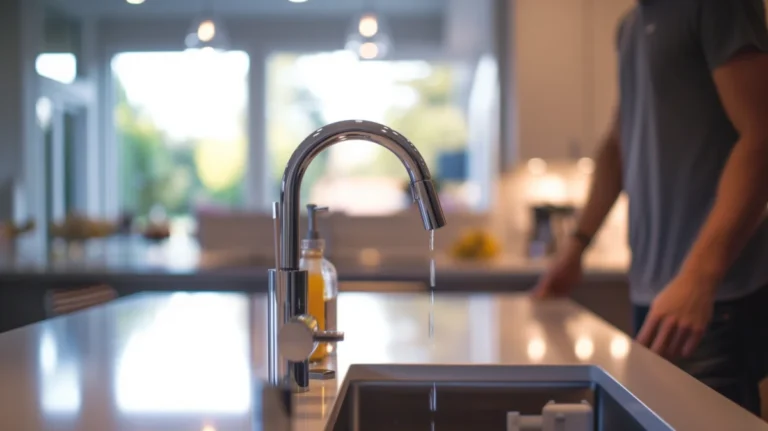Plumbing That Lasts
Choosing the right size tankless water heater for your home is a crucial decision. It not only affects your comfort but also your energy efficiency and utility bills. At Black Lake Plumbing, we believe in providing plumbing that lasts, and that starts with helping you make informed decisions. So, let’s dive into everything you need to know about tankless water heater sizing.
Understanding Tankless Water Heaters
Tankless water heaters, as the name suggests, do not store hot water for later use. Instead, they heat water on demand, providing you with a continuous supply of hot water. This on-demand approach is what makes tankless water heaters more energy-efficient and eco-friendly than traditional tank water heaters. But remember, even the best tankless water heater can only be as good as its fit for your home.
Factors to Consider When Choosing a Tankless Water Heater
Choosing the right size tankless water heater involves considering several factors:
- Size of your home: Larger homes with more bathrooms will require a larger water heater.
- Climate in your area: If you live in a colder climate, your water heater will need to work harder to heat the water to the desired temperature.
- Groundwater temperature: The colder your incoming water, the larger the water heater you’ll need.
- Number of appliances running at once: If you frequently run the dishwasher while taking a shower, you’ll need a water heater that can handle this demand.
- Number of people in the home: More people mean more hot water demand.
Remember, time is valuable, but so is getting it right the first time. Choosing a water heater that’s too small could leave you with a cold shower, while one that’s too large will cost more than you need to spend.
Understanding the Specifications of Tankless Water Heaters
When shopping for a tankless water heater, you’ll come across a lot of specifications. The most important ones are the maximum GPM Flow Rate and the temperature rise at that flow rate. Make sure the water heater you choose can handle your calculated flow rate at your required temperature rise.
How to Calculate the Size of a Tankless Water Heater You Need
To find the right size tankless water heater for your home, you’ll need to calculate two key factors: Flow Rate (GPM) and Temperature Rise.
Flow Rate (GPM) is the amount of water your household uses at peak times. For example, if you’re running the dishwasher (3 GPM), washing machine (3 GPM), and shower (2.5 GPM) at the same time, your flow rate is 8.5 GPM.
Temperature Rise is the difference between your incoming water temperature and your desired hot water temperature. If your incoming water is 50°F and you want your water heated to 105°F, your temperature rise is 55°F.

Common Scenarios for Sizing Tankless Water Heaters
Let’s look at some common scenarios to better understand how to size your tankless water heater:
- Replacing a 50-gallon storage tank: If you’re replacing a 50-gallon storage tank, you’ll want to make sure your new tankless water heater can handle the same demand. For most homes, a tankless water heater with a flow rate of 10 GPM should be sufficient.
- Family of five: For a family of five, a tankless water heater with a flow rate of 10 GPM should be sufficient. However, if you live in a warmer climate, you might be able to go with a smaller unit.
If you’re unsure about what size tankless water heater you need, don’t hesitate to reach out to a professional for help.
General Guidelines
The size of the tankless water heater you need depends on the size of your household and your hot water usage. Here are some general guidelines:
- For a family of 2, a 6-8 GPM gas tankless heater or a 10-18 kW electric tankless heater is recommended.
- For a family of 3, a 7-9 GPM gas tankless heater or a 15-23 kW electric tankless heater is recommended.
- For a family of 4, an 8-10 GPM gas tankless heater or a 20-28 kW electric tankless heater is recommended.
- For a family of 5, a 9-11 GPM gas tankless heater or a 25-34 kW electric tankless heater is recommended.
- For a family of 6 or more, an 11+ GPM gas tankless heater or a 34+ kW electric tankless heater is recommended.
These figures are for reference only and the exact size of the tankless water heater you need may vary depending on factors like inflow water temperature and acute hot water needs.
The Impact of Inlet Water Temperature on Tankless Water Heater Size
The temperature of the incoming water can significantly impact the size of the tankless water heater you need. The colder the incoming water, the harder your water heater has to work to heat it to the desired temperature. For example, if you live in a northern state where the groundwater temperature is 40°F, you’ll need a larger water heater than someone living in a southern state where the groundwater temperature is 70°F.
The Cost of Tankless Water Heaters
The cost of tankless water heaters can vary widely depending on the size and brand. However, while the upfront cost may be higher than traditional tank water heaters, tankless models can save you money in the long run through lower energy bills. Remember, the best because it lasts.
Final Thoughts
Choosing the right size tankless water heater is a crucial step in ensuring comfort and energy efficiency in your home. By understanding your hot water needs and how different factors affect these needs, you can make an informed decision that will serve you well for years to come.
Why Choose Black Lake Plumbing for Your Tankless Water Heater Needs
At Black Lake Plumbing, we’re committed to providing journeyman quality craftsmanship and top-notch customer service. We understand that every home is unique, and we’re here to help you find the best tankless water heater for your specific needs. Our team is knowledgeable, clean, and punctual, and we always put our customers first. So, if you’re considering a tankless water heater, contact us today. We’re here to help.
External Resources
For more information on flow calculations, check out this resource.
For more information on our services, you can visit our blog, or learn more about our water heater services, and residential plumbing offerings.
